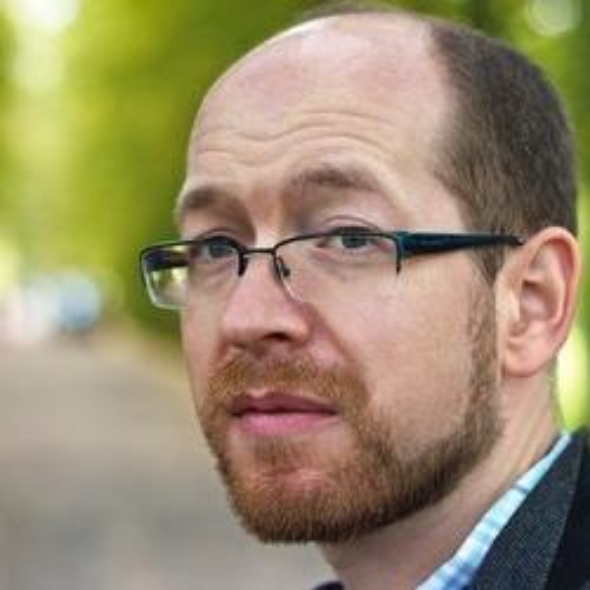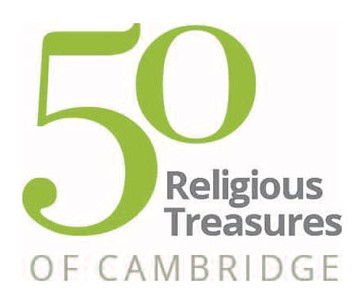Explore the story of creation from a theological and scientific perspective with Dr Andrew Davison.
Meet your lecturer
Scientist and theologian Andrew Davison combined his interest in science with theology when he realised that the questions that were keeping him awake at night were much more theological than biological! Andrew does research at the intersection of theology, science and philosophy and he holds PhDs in both biochemistry (from Oxford) and theology (from Cambridge). He has published articles on machine learning and theology as well as the ecological interaction between species.
Explore further
Charles Darwin’s microscopes are on display in the Whipple Museum in Cambridge and give a highlight Darwin’s desire to see the ‘big picture’ as well as the detail. Darwin used to insist that using high-powered magnification without also using low-powered magnification was ‘injurious to natural philosophy’.
Isaac Milner was an influential 17th century Cambridge scientist, mathematician and theologian. He believe there was no incompatibility between his religious and scientific beliefs.
Mary Boole’s letters to Charles Darwin show us how Darwin struggled to reconcile the pain and suffering he could see in the world with the idea of an interventionist God. Darwin is clear that he did not intend for his work to upset or challenge other people’s personal beliefs.
Consider some questions
What ‘big’ questions do science and religion both try to answer?
Do all Christians share one belief regarding the origins of the Universe? In what ways do groups of Christians differ in their interpretation of Genesis 1-3?
Some Christians think that Genesis 1 and Genesis 2 are two separate stories, while others view it as one continuous story. What evidence is there for these two viewpoints?
Is the theory of evolution compatible with Christianity? Support your answer with examples.
How might scientific and religious truths differ?
Guidance for teachers
Download the video transcript


